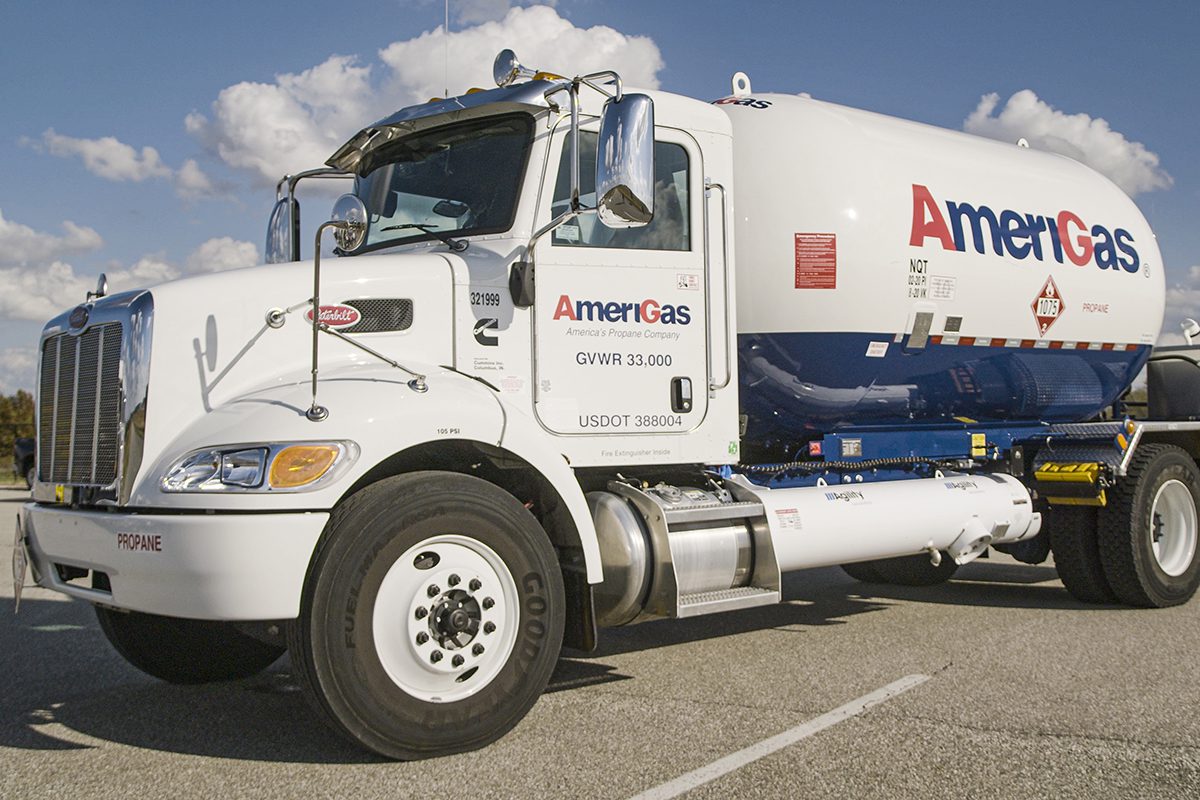In recent months, reports from climate groups around the world have demonstrated the importance of implementing low-emissions energy sources as soon as possible. These reports make clear that we cannot wait for a one-size-fits-all solution to decarbonization, and it will take a variety of energy sources to achieve that goal. The more diverse our energy mix is, the more reliable it is.
As medium-duty fleet owners consider the options available to them to do their part in the collective effort to decarbonize, there is a new engine solution that can significantly reduce emissions. The Cummins B6.7 Propane is a 6.7-liter displacement engine on Cummins’ new fuel-agnostic B-series platform and powered with propane autogas. The high-performing, low-carbon engine provides medium-duty fleet owners with an option that meets their day-to-day work needs while reducing emissions. It’s the latest in a long line of evolving engine technology that continues to push the industry further down the path to zero emissions.
High Performance
For fleets that need to prioritize power, the Cummins B6.7 Propane engine offers a path to decarbonization without compromising on performance or range. The new engine will provide fleet owners with better-than-diesel performance with a projected power rating of up to 360 hp and 860 lb-ft of torque. This extends propane autogas to the ceiling of class 7 (33,000 pound) vehicles. Plus, fleet owners also benefit from diesel-like durability, reliability, and high uptime. The B6.7 Propane is suited for several applications, including medium-duty truck, vocational, school bus, and terminal tractor markets.
Low Emissions for Our Environment
In addition to performance benefits, fleet owners will also be able to reduce emissions with this new engine innovation. In testing, the Cummins B6.7 Propane engine delivered the lowest greenhouse gas emissions of any propane autogas-powered engine and will deliver some of the lowest GHG emissions in the medium-duty market. In addition, it is also an ultra-low 0.02 NOx engine that will meet or exceed EPA and CARB regulations in 2024 and beyond.
This innovation gets even cleaner when renewable propane is used in the engine. Renewable propane is made from a mix of waste residues and sustainably sourced materials, including agricultural waste products, cooking oil, and meat fats. It has the same chemical structure and physical properties as conventional propane, but because it’s produced from renewable, raw materials, it has an even lower carbon intensity than conventional propane. Fleet owners will be able to easily implement this clean energy source in their own vehicles as it can be used in any existing propane autogas engine or propane autogas infrastructure.
A Cost-Effective Solution
Fleets that choose to operate with propane autogas will also benefit from a cost-effective solution. When you factor in the cost of a new vehicle and the costs for fuel, fluids, maintenance, and repairs, propane autogas has one of the lowest costs for the lifetime of the vehicle. Compare that to current diesel engines that require costly fluids and filters to meet stringent emissions standards. Because propane autogas is a clean fuel, its emissions systems are much less complex and don’t require these added fluids and filters or their associated costs.
That doesn’t even take the price of the fuel itself into consideration. As oil prices fluctuate, propane autogas can beat diesel on price per gallon by as much as 50 percent. In most cases, propane autogas suppliers will work with fleet owners to create a mutually beneficial fuel contract that allows fleets to lock in a set price per gallon for a period of time. This is another layer of protection against fluctuating fuel prices and is especially helpful during times of high gasoline or diesel prices like much of the country is experiencing right now.
The affordability of propane autogas looks even sweeter when fleet owners consider there is over $9 billion in grant money available for propane autogas vehicles and infrastructure through the 2021 Infrastructure Investment and Jobs Act. Fleet owners in communities across the country will be able to begin accelerating decarbonization by easily and affordably adopting propane autogas.
As fleet owners consider what energy source will best meet their needs, new propane autogas engine innovations, like the Cummins B6.7 Propane, provide an attractive solution. The time to act is now, and propane autogas is positioned to play an important role in the collective effort to decarbonize.



